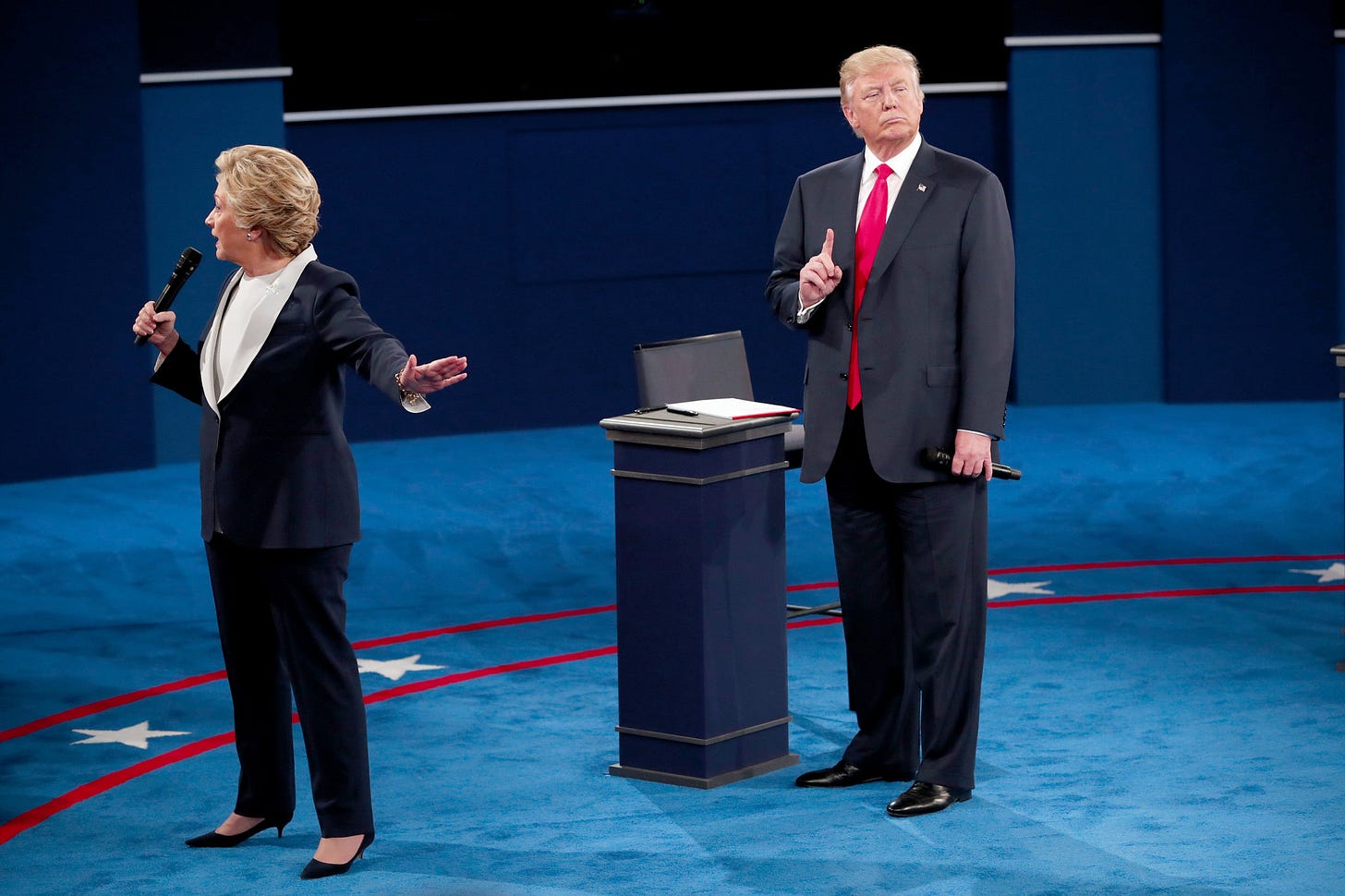Hillary Clinton and Donald Trump Clash Over Taxes: A Look Back at Centuries of Taxation and the 'Rich vs. Poor' Debate
Hillary Clinton had just attacked Donald Trump during their 2016 presidential debate for not paying as much taxes as he should. Trump, a billionaire businessman, countered her, saying that was because Senator Hillary Clinton, a former lawmaker, had deliberately refused to change the tax code for fear of affecting her rich donors. This was one of the mos…


